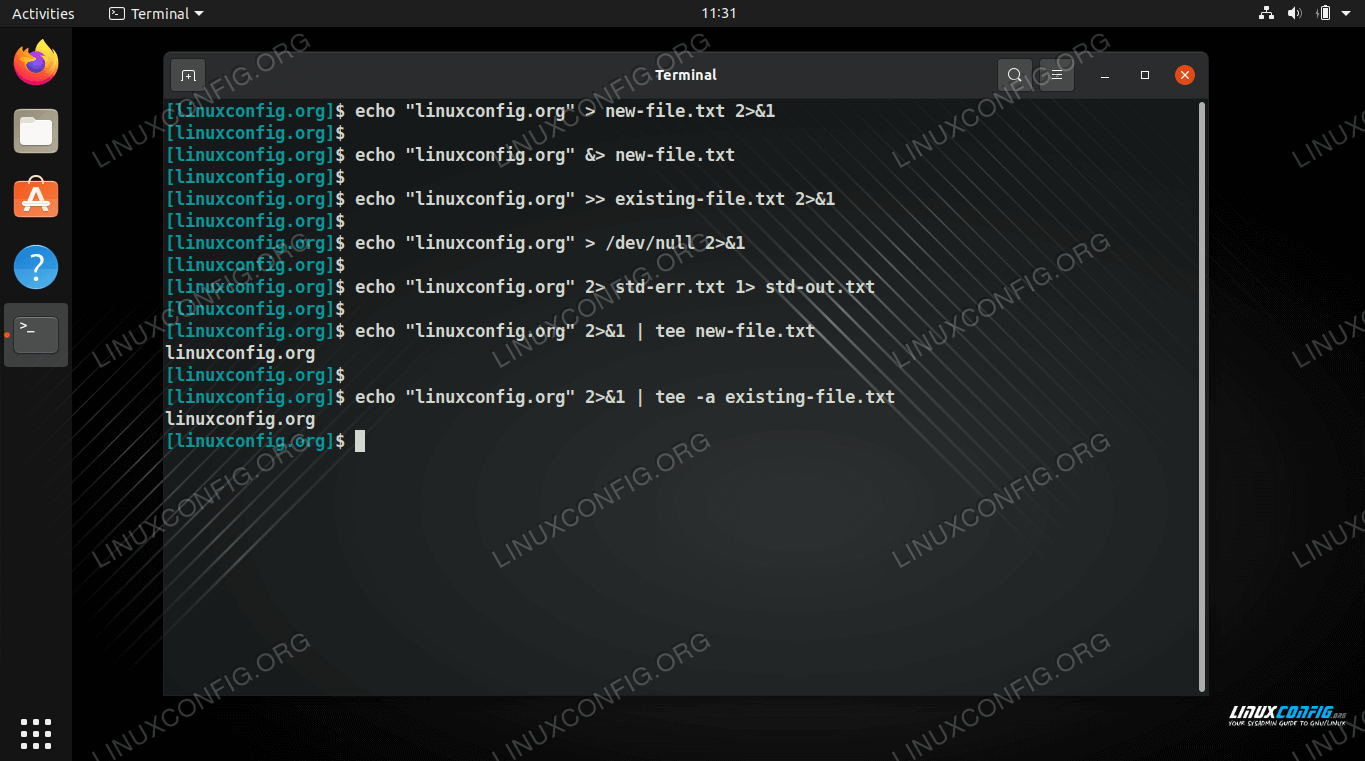

Bash return proc cpuinfo install#
$ sudo yum install hardinfo #RHEL/CentOS systems

Hardinfo displays hardware information in a GTK+ window, you can install it as follows: $ sudo apt install hardinfo #Debian/Ubuntu systems hardinfo – Shows Hardware Info in GTK+ Window Version: Intel(R) Core(TM) i5-4210U CPU 1.70GHzĬapabilities: x86-64 fpu fpu_exception wp vme de pse tsc msr pae mce cx8 apic sep mtrr pge mca cmov pat pse36 clflush dts acpi mmx fxsr sse sse2 ss ht tm pbe syscall nx pdpe1gb rdtscp constant_tsc arch_perfmon pebs bts rep_good nopl xtopology nonstop_tsc aperfmperf eagerfpu pni pclmulqdq dtes64 monitor ds_cpl vmx est tm2 ssse3 sdbg fma cx16 xtpr pdcm pcid sse4_1 sse4_2 movbe popcnt tsc_deadline_timer aes xsave avx f16c rdrand lahf_lm abm epb tpr_shadow vnmi flexpriority ept vpid fsgsbase tsc_adjust bmi1 avx2 smep bmi2 erms invpcid xsaveopt dtherm ida arat pln pts cpufreqĬonfiguration: cores=2 enabledcores=2 threads=4ħ. Product: Intel(R) Core(TM) i5-4210U CPU 1.70GHz To display complete CPU information, including per CPU clock-speed and CPU max speed (if available), use the -C flag as follows: $ inxi -C $ sudo yum install inxi #RHEL/CentOS systems You can install like so: $ sudo apt install inxi #Debian/Ubuntu systems You can use it to instantly retrieve hardware information. Inxi is a powerful command-line system information script intended for both console and IRC (Internet Relay Chat). Inxi Tool – Shows Linux System Information Signature: Type 0, Family 6, Model 69, Stepping 1ĥ. Shows Linux Hardware Information # dmidecode 3.0 The SMBIOS specification defines various DMI types, for CPU, use “processor” as follows: $ sudo dmidecode -type processor It dumps a computer’s DMI (a.k.a SMBIOS) table contents in a human-readable format for easy retrieval. dmidecode Command – Shows Linux Hardware Infoĭmidecode is a tool for retrieving hardware information of any Linux system. (simple synth) = Intel Mobile Core i3-4000Y / Mobile Core i5-4000Y / Mobile Core i7-4000Y / Mobile Pentium 3500U/3600U/3500Y / Mobile Celeron 2900U (Mobile U/Y) (Haswell), 22nmĤ. $ cpuidįamily = Intel Pentium Pro/II/III/Celeron/Core/Core 2/Atom, AMD Athlon/Duron, Cyrix M2, VIA C3 (6) Once installed, run cpuid to collect information concerning the x86 CPU. $ sudo yum install cpuid #RHEL/CentOS systems $ sudo apt install cpuid #Debian/Ubuntu systems Make sure to install it before running it. The command cpuid dumps complete information about the CPU(s) collected from the CPUID instruction, and also discover the exact model of x86 CPU(s) from that information. Model name: Intel(R) Core(TM) i5-4210U CPU 1.70GHzįlags: fpu vme de pse tsc msr pae mce cx8 apic sep mtrr pge mca cmov pat pse36 clflush dts acpi mmx fxsr sse sse2 ss ht tm pbe syscall nx pdpe1gb rdtscp lm constant_tsc arch_perfmon pebs bts rep_good nopl xtopology nonstop_tsc aperfmperf eagerfpu pni pclmulqdq dtes64 monitor ds_cpl vmx est tm2 ssse3 sdbg fma cx16 xtpr pdcm pcid sse4_1 sse4_2 movbe popcnt tsc_deadline_timer aes xsave avx f16c rdrand lahf_lm abm epb tpr_shadow vnmi flexpriority ept vpid fsgsbase tsc_adjust bmi1 avx2 smep bmi2 erms invpcid xsaveopt dtherm ida arat pln pts Linux CPU Architecture Architecture: x86_64 lscpu Command – Shows CPU Architecture Info
Bash return proc cpuinfo how to#
Suggested Read: How to Use ‘cat’ and ‘tac’ Commands with Examples in Linux 2. $ cat /proc/cpuinfo | grep 'core id' #show individual cores $ cat /proc/cpuinfo | grep processor | wc -l #count the number of processing units $ cat /proc/cpuinfo | grep 'model name' | uniq #display model name This can help you only output vendor name, model name, number of processors, number of cores, etc: $ cat /proc/cpuinfo | grep 'vendor' | uniq #view vendor name

To get a little specific, you can employ the grep command – a CLI tool for searching plain-text data for lines matching a regular expression. Model name : Intel(R) Core(TM) i5-4210U CPU 1.70GHzįlags : fpu vme de pse tsc msr pae mce cx8 apic sep mtrr pge mca cmov pat pse36 clflush dts acpi mmx fxsr sse sse2 ss ht tm pbe syscall nx pdpe1gb rdtscp lm constant_tsc arch_perfmon pebs bts rep_good nopl xtopology nonstop_tsc aperfmperf eagerfpu pni pclmulqdq dtes64 monitor ds_cpl vmx est tm2 ssse3 sdbg fma cx16 xtpr pdcm pcid sse4_1 sse4_2 movbe popcnt tsc_deadline_timer aes xsave avx f16c rdrand lahf_lm abm epb tpr_shadow vnmi flexpriority ept vpid fsgsbase tsc_adjust bmi1 avx2 smep bmi2 erms invpcid xsaveopt dtherm ida arat pln ptsĪddress sizes : 39 bits physical, 48 bits virtual


 0 kommentar(er)
0 kommentar(er)
